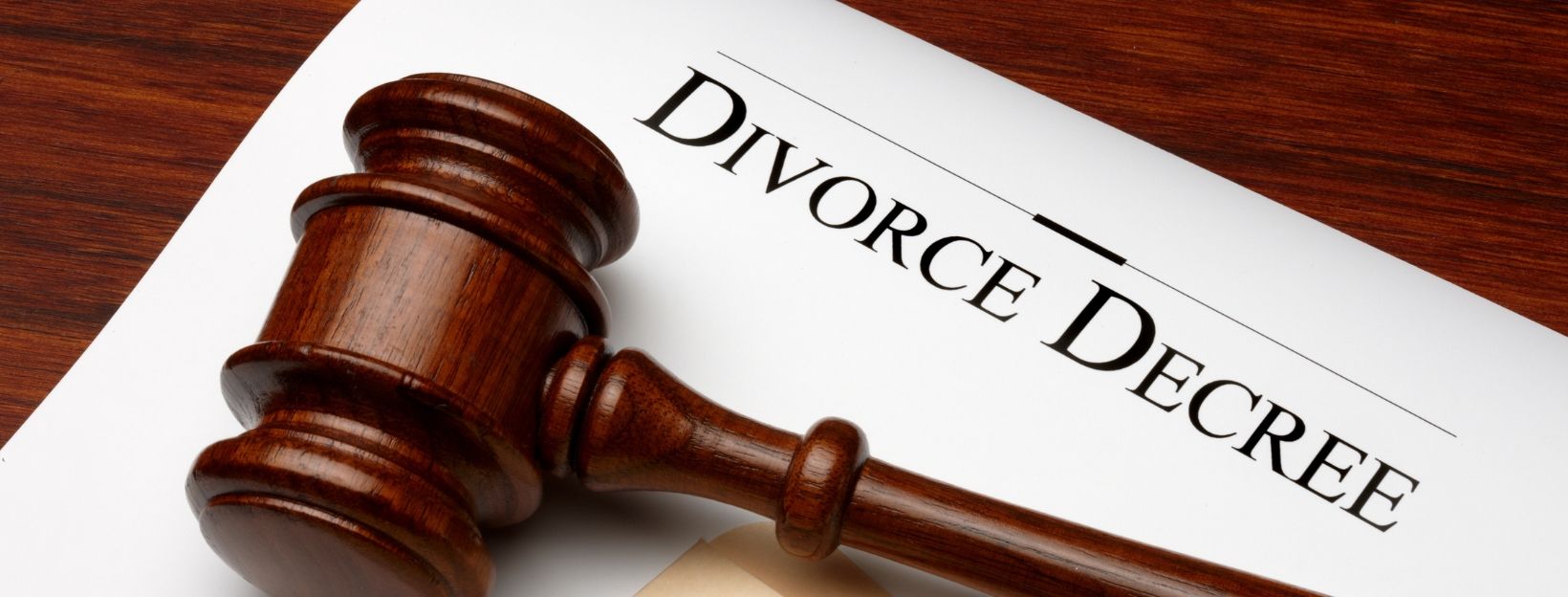Divorce is a challenging process that affects many aspects of your life, including your estate plan. At Rochester Elder Law, we understand the complexities involved in navigating divorce and estate planning, especially for long-term marriages. This guide will help you understand the key estate planning considerations during and after divorce in New York.
Asset Division and Its Impact on Estate Planning
Dividing assets in a divorce can significantly affect your estate plan, particularly for couples with substantial shared assets. Here are some key points to consider:
- Commingled Property
- Family heirlooms and long-held assets may be difficult to separate legally.
- Retirement Accounts and Life Insurance
- Changing beneficiaries requires careful consideration due to potential financial and tax implications.
- Home Ownership - Transferring property ownership can have significant tax consequences, especially for long-term homeowners.
It's crucial to consult with both a divorce attorney and an estate planning attorney to ensure your asset division aligns with your long-term estate planning goals.
Tax Implications of Divorce on Estate Planning
Divorce can have significant tax implications that affect your estate plan:
- Filing Status
-
You'll need to file taxes individually, which may impact your tax planning strategies.
- Capital Gains
-Transferring ownership of appreciated assets, like a family home, can affect future capital gains taxes.
- Estate Tax Thresholds - Your individual estate may now be subject to different estate tax thresholds compared to when you were married.
Updating Your Estate Planning Documents
In New York, divorce generally revokes any provisions in your will that benefit your former spouse. However, it's crucial to review and update all your estate planning documents, including:
- Last Will and Testament
- Power of Attorney
- Health Care Proxy
- Living Will
- Trusts
Even if you want your former spouse to retain certain roles (like health care proxy), you may need to reaffirm this in new documents.
Long-Term Care Planning Considerations
Divorce can significantly impact your long-term care planning:
- Medicaid Eligibility
- Asset division could affect each spouse's
eligibility for Medicaid benefits.
- Long-Term Care Insurance - You may need to reassess your long-term care insurance needs as a single individual.
Estate Planning for Blended Families
If you're considering remarriage after divorce, it's crucial to update your estate plan to address the needs of a blended family:
- Ensure your assets are distributed according to your wishes
- Protect the inheritance rights of children from previous marriages
- Consider the use of trusts to manage complex family dynamics
Digital Assets in Divorce and Estate Planning
Don't forget to address digital assets in your post-divorce estate plan:
- Online accounts
- Digital currencies
- Intellectual property
How Rochester Elder Law Can Help
Navigating divorce and estate planning can be complex. At Rochester Elder Law, we specialize in helping New Yorkers update their estate plans during and after divorce. We can assist you with:
- Reviewing and updating all estate planning documents
- Aligning your estate plan with your divorce settlement
- Addressing complex asset division issues
- Developing strategies for tax-efficient estate planning post-divorce
Don't let divorce leave your estate plan outdated and ineffective. Contact Rochester Elder Law today to ensure your estate plan reflects your new circumstances and protects your interests and those of your loved ones.
more news you can use



Still have questions?











